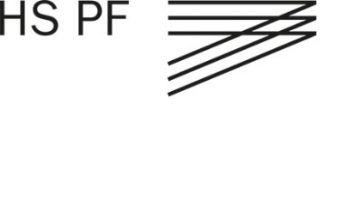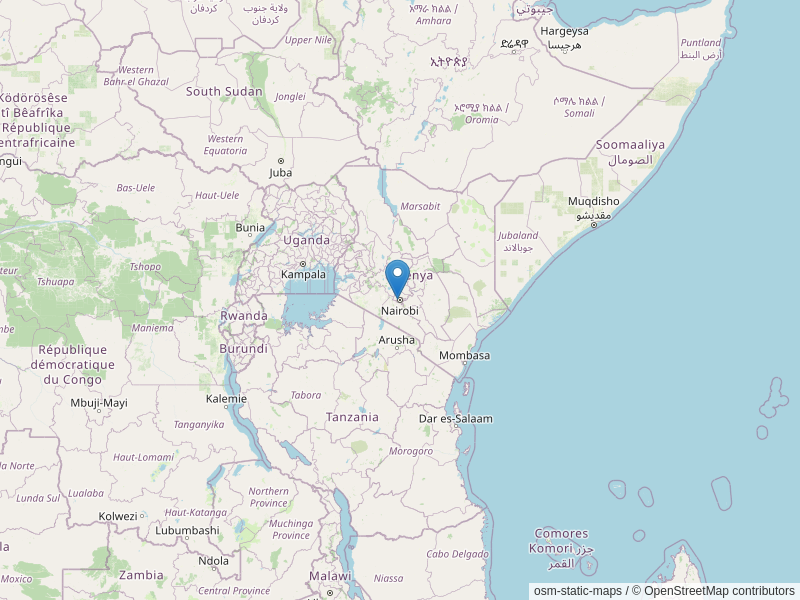DAAD Regional Office Nairobi with regional responsibility: RWANDA
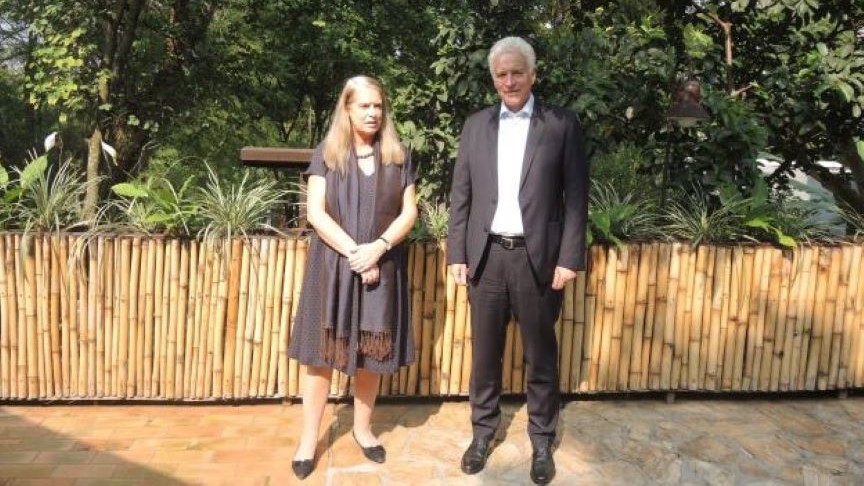
Compared to other countries in the region, Rwanda is small in area and population but is characterized by high growth. International donors, including Germany, are generally well disposed towards Rwanda, and resources are often made available for new investments and infrastructure projects. The largest and most politically ambitious project is the development of BioNTech’s vaccine production. In addition to Senegal, there is a plan to set up a production facility and a production network in Rwanda in 2022. BioNTech signed a memorandum of understanding with the Rwandan government in late 2021. It is planned that BioNTech will initially operate the production facilities itself with experts from abroad. Laboratory workers and medical-pharmaceutical staff will be trained to pass on the know-how to local partners in a few years.
The inaugural visit to the only state university, the University of Rwanda (UR), with 26,000 students and 14 campuses, served to deepen academic relationships. The Vice-Chancellor, Professor Alexandre LYAMBABAJE, is known to the DAAD as a long-standing partner at the IUCEA. In his new position, programmes with Germany and student exchanges are to be intensified; they also discussed the vacancy of the lectureship. The UR houses four World Bank-funded Centers of Excellence (Data Science, Renewable Energy, Biomedical Engineering, ICT) and study programs are also funded by UNESCO and UNEP. Another campus for professional training (Master’s level) is currently being set up.
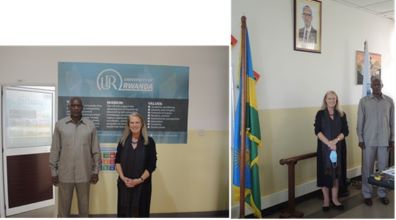
Inaugural visit to the University of Rwanda© DAAD Kenia
The next stop led to the Institute of Applied Sciences (INES) in Ruhengeri in the north of the country. The INES sees itself as an “applied science” institution and has repeatedly expressed the desire for cooperation and support for establishing a University of Applied Sciences based on the German model. Founded in 2010, INES is a private accredited educational institution with around 3000 students. It offers courses in engineering and social sciences. The biggest problem is the teaching capacity, with only 84 academic staff, including 26 Ph.D. holders. The desire for expansion depends on capacity building. Here one wishes support from Germany.
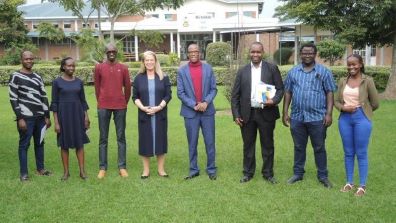
University visit at INES, Ruhengeri© DAAD Kenia
An information event on “Studying in Germany” took place at the only PASCH school in Rwanda, the Green Hills Academy. German is the third foreign language in Rwanda, alongside English and French. There is also a lack of academics here: both German teachers at the school come from Kenya. Partner visits to the German Embassy, the Goethe Institute, the GIZ, and the Friedrich-Ebert Foundation made the DAAD scholarship and university cooperation programs better known. So far, only a few applications have come from Rwanda. It was agreed to draw more attention to DAAD funding opportunities via the partners’ social networks. Refugees and nationals from Rwanda can also apply for the current call for the “Leadership for Africa” programme, which offers master’s scholarships to Germany.
A critical introductory and exploratory meeting took place at the Ministry of Education MINEDUC with Dr. Rose MUKANKOMEJE, Director General, Higher Education Council. MINEDUC is a partner in the co-financed government scholarship program for doctoral students from Rwanda.




